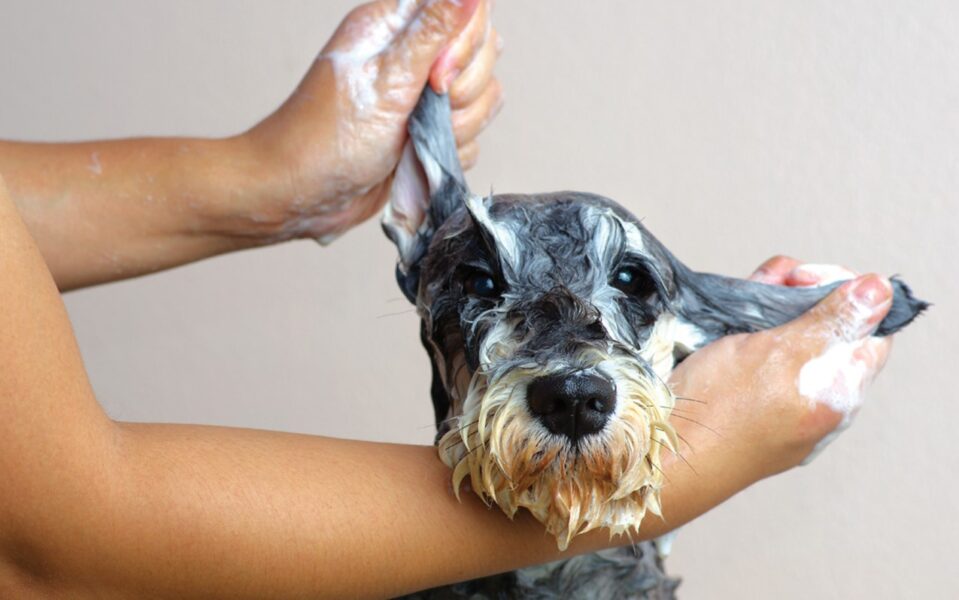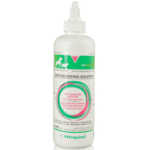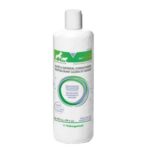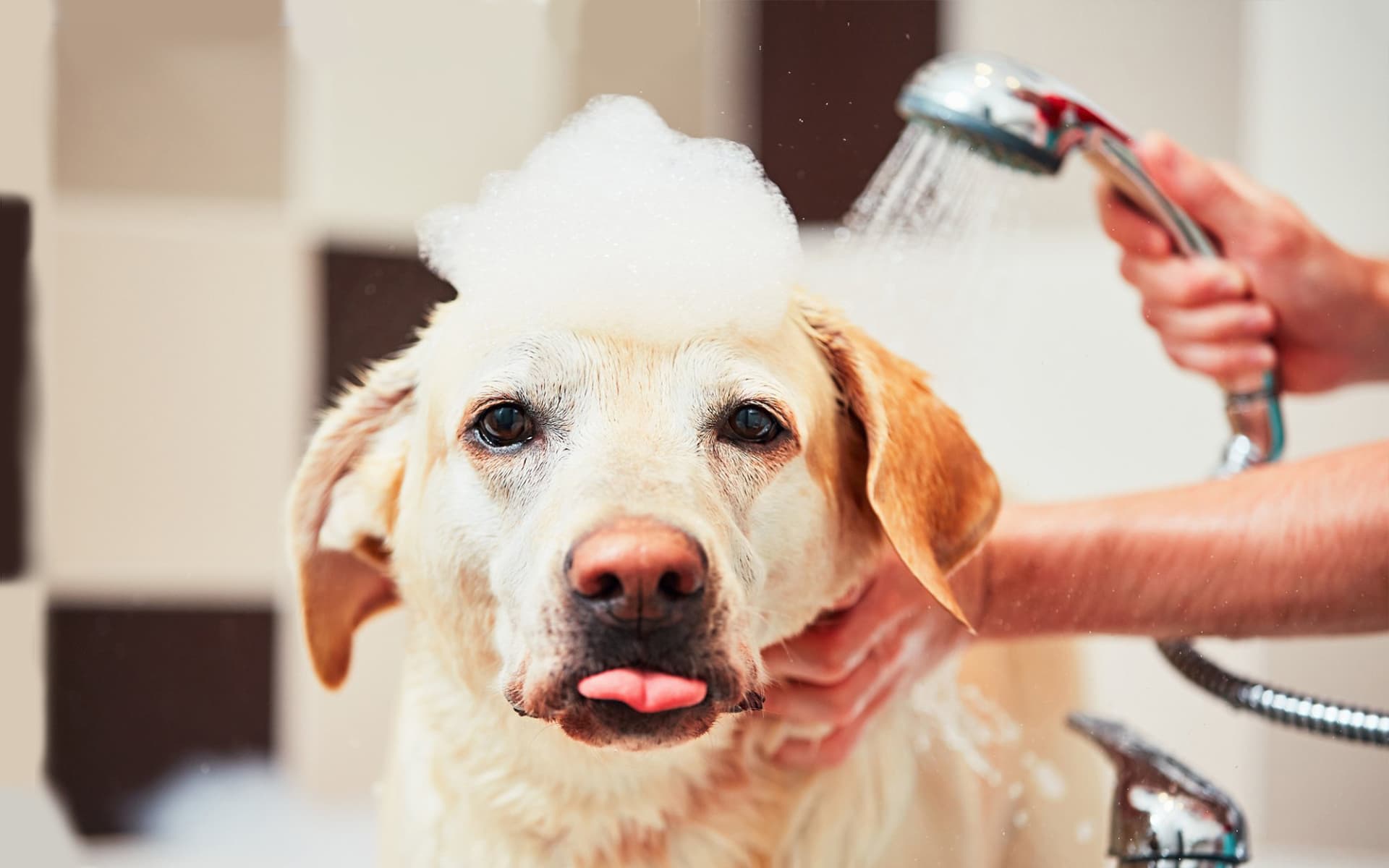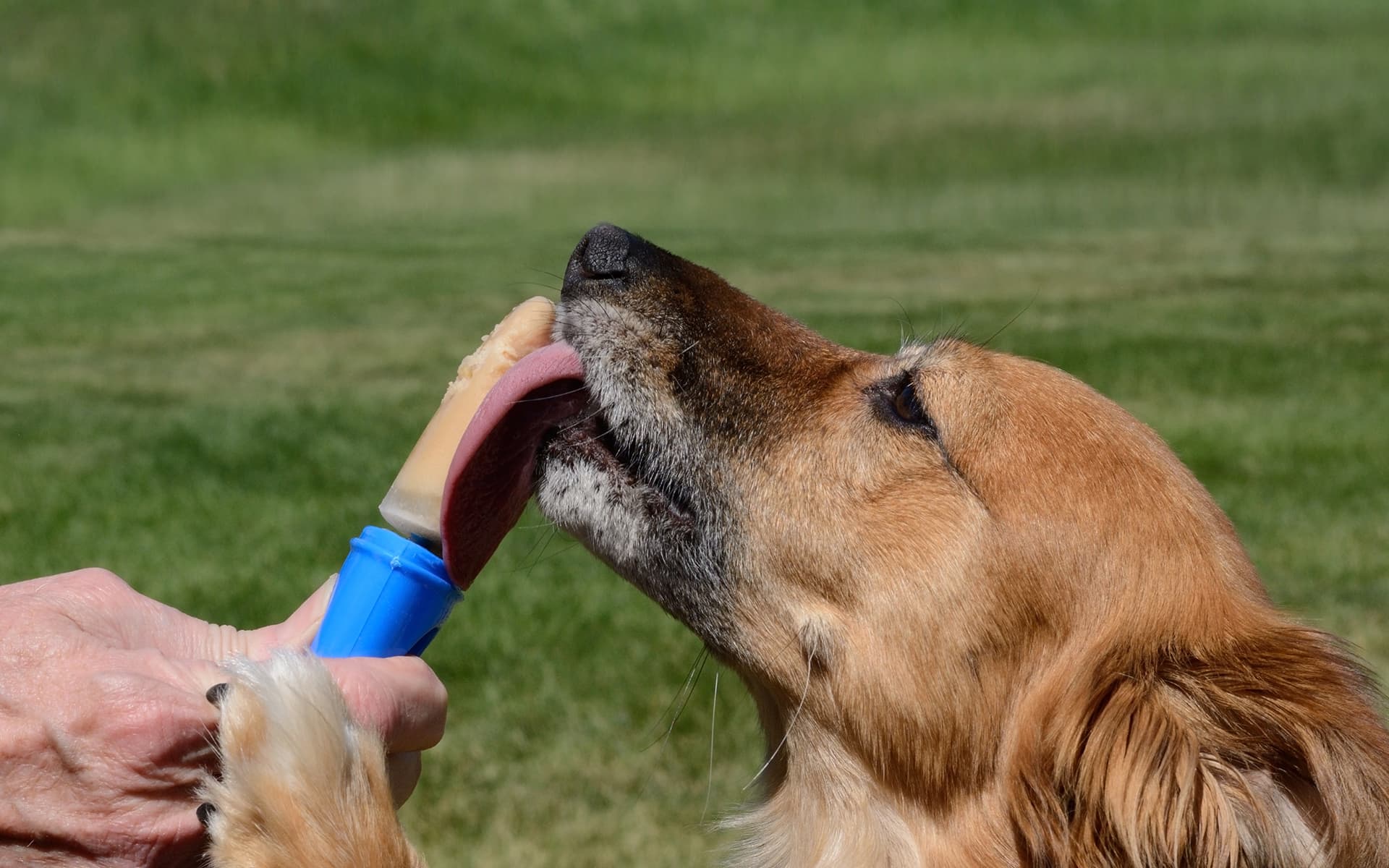“To groom or not to groom?” That’s not even a question. The benefits of grooming your cat or your dog regularly go well beyond caring for their physical appearance. It’s also a great way to keep them fit and healthy, as explained below.
Brushing helps keep your pet’s coat healthy.
Brushing your dog’s or your cat’s fur removes loose hair, dirt and dandruff that naturally occur. Doing so also stimulates and spreads the skin’s natural oils, making your pet’s coat appear healthy and shiny. And even if your cat already grooms themselves, regular brushing helps them swallow less hair in the process, so they may cough up hairballs less frequently.
Brushing helps prevent skin complications.
Matted hair isn’t just unsightly: it’s also a perfect spot for allergens, fleas, ticks and bacteria to settle. All of these can cause skin irritation or even infected wounds, which may be hard to spot when concealed beneath a clump of fur. In extreme cases, mats can become so tight that they hinder blood circulation. Daily brushing is a simple way to untangle your pet’s coat.
Clipping nails helps maintain your pet’s normal posture and activity.
Even if your pet is allowed outside, they may not spend enough time on rough surfaces to wear down the tip of their claws naturally. When nails become too long, they may snag on carpets or other fabrics. Your pet may have difficulty keeping their balance or walking on slippery surfaces, forcing them to change their posture. Over time, this may cause skeletal deformations and joint pain. Trim your dog’s or your cat’s nails to avoid these problems.
Cleaning your pet’s ears helps prevent ear infections.
Some cats and some dogs may need to have their ears cleaned regularly, especially long-eared breeds such as cocker spaniels. Ear cleaning can help remove any wax build-up, allergens or outside debris , as well as moisture or even water trapped in your pet’s ears after swimming. Doing so helps prevent ear infections, which can be uncomfortable or even painful for your pet. Your veterinarian can advise you further on how to clean your pet’s ears, and recommend an appropriate cleaning schedule.
Dental care helps prevent periodontal disease.
Most cats and dogs are usually not at risk of developing cavities, but they can suffer from bad breath, gingivitis and eventually, periodontal disease. Without proper treatment, gums recede and teeth may become loose and painful until they must be removed. Brush your pet’s teeth regularly, starting from an early age whenever possible, and using the proper technique (check out our guides for cats and for dogs).
Grooming helps you detect some health conditions early.
All of the above are opportunities to spend quality time with your pet, and in doing so, you may notice when something is wrong. Regular grooming helps you become more familiar with your pet’s body so you can more easily spot unusual lumps or bumps, skin rashes, areas of redness and other symptoms that could require further investigation. By consulting with your veterinarian early, you may be able to treat the issue before complications arise.

